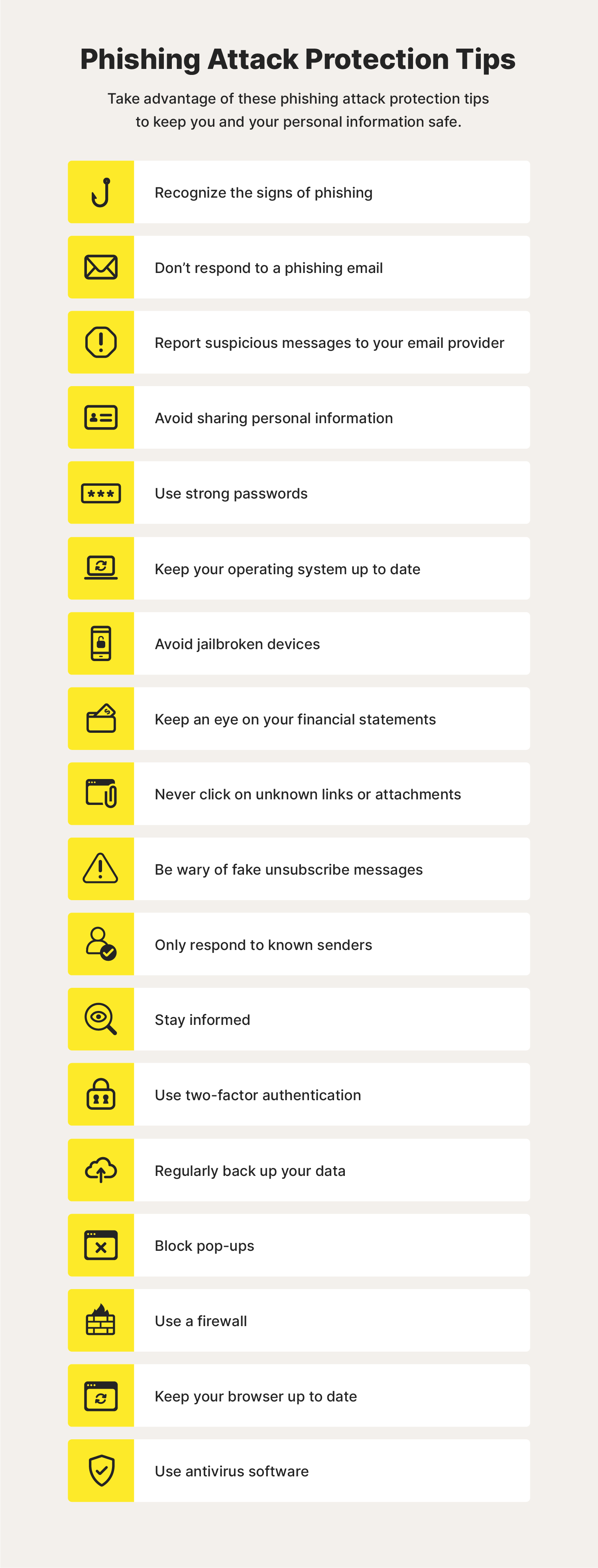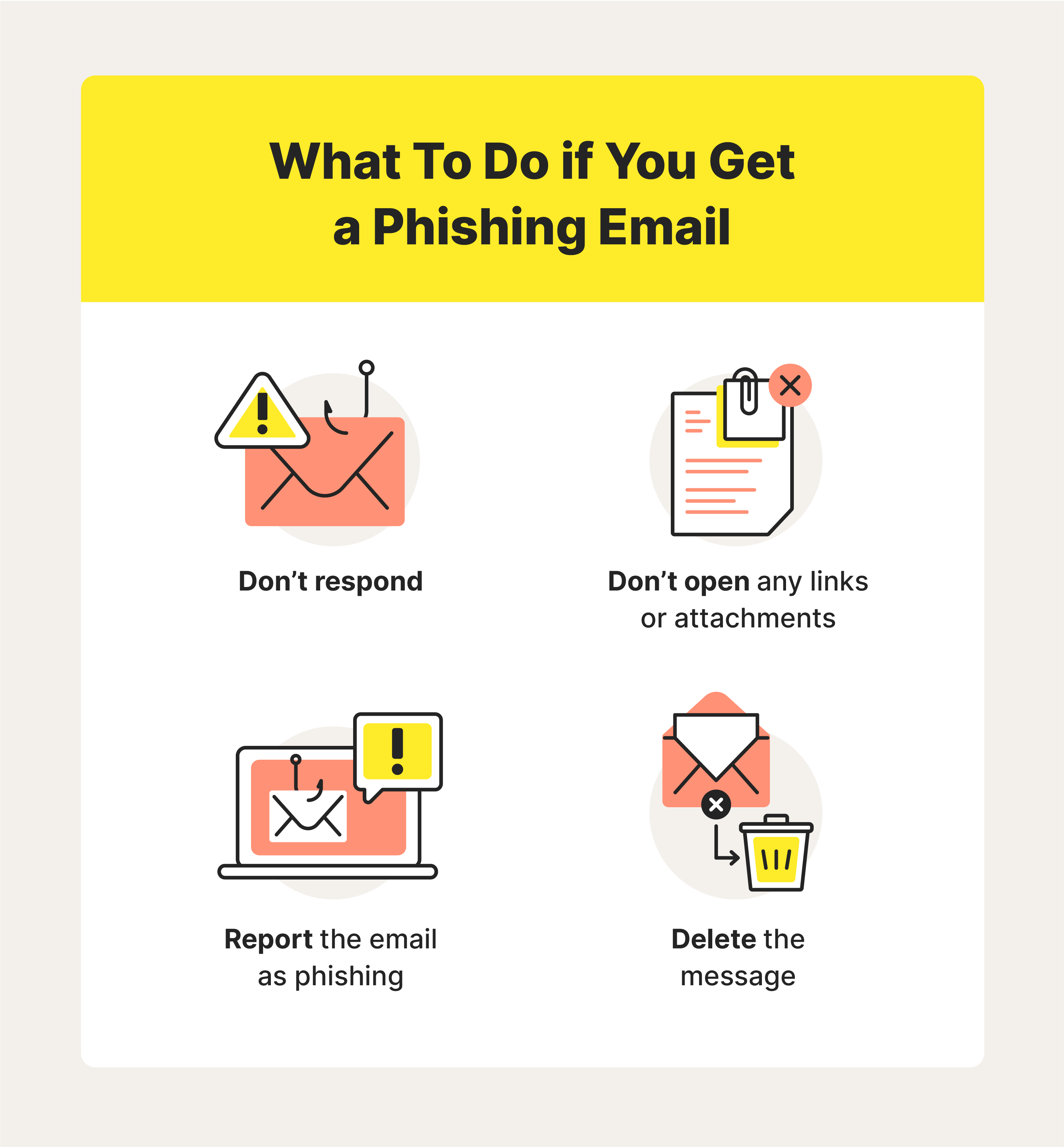
Catchy and Clickbait Headline: Don't Get Hooked - Learn What to Do If You Receive A Phishing Email
The internet is a great tool for staying connected, but it is also a playground for cybercriminals. Phishing emails, for example, are a common and dangerous form of cyber fraud. These malicious messages are crafted to appear as though they are from a legitimate source, such as a bank or online store, with the goal of tricking the recipient into giving away sensitive information such as passwords and credit card details. In this article, we'll look at what phishing is, how to recognize it, and what to do if you receive a phishing email.
What is a Phishing Email?
A phishing email is a malicious message sent by a cybercriminal with the intention of stealing sensitive information. The emails are designed to look legitimate, often mimicking the branding and style of a well-known company or organization. The emails typically contain links or attachments that, when clicked on or opened, will download malicious software onto the recipient's computer or phone. This software can then be used to gain access to the user's personal data and financial information.
How to Recognize a Phishing Email
Phishing emails are designed to look legitimate, but there are a few tell-tale signs that can help you identify them. First, check the email address of the sender. Legitimate companies and organizations will typically send emails from an official email address, such as “[email protected]” or “[email protected]”. If the sender address is not an official one, or if it contains a variation of a company’s name, it is likely a scam. Additionally, be wary of emails that contain spelling and grammar mistakes, as these are often indicative of a phishing email.
What to Do If You Receive a Phishing Email
If you receive a phishing email, the most important thing to do is not to click on any links or attachments. Even if the email appears to be from a legitimate source, it could still contain malicious software. If you suspect that the email is a scam, delete it immediately and do not reply to it. It is also a good idea to report the scam to the company or organization that the email claims to be from.
Protect Yourself From Phishing Emails
In addition to being aware of the signs of a phishing email, there are a few steps you can take to protect yourself from these scams. First, be sure to use a secure and unique password for each of your accounts. Additionally, avoid clicking on links or opening attachments in emails from unknown senders. Finally, consider using a reputable anti-virus or anti-malware program to protect your computer from malicious software.
Conclusion
Phishing emails are a common and dangerous form of cyber fraud. By being aware of the signs of a phishing email and taking steps to protect yourself, you can minimize the risk of falling victim to a scam. If you suspect that an email is a phishing attempt, delete it immediately and do not click on any links or attachments.

Image :
us.norton.com
More Insight Video
If you're interested in the theme covered in this piece, I recommend watching the video below. In this recording, you'll obtain further understandings and details on the topic, as well as graphic illustrations of some of the key points and concepts covered in the piece. You'll also have the opportunity to hear from experts in the area and engage with like-minded viewers who are interested in the same subject. Whether you're hoping to deepen your knowledge of the subject or simply wish to explore it further, this clip is a helpful resource for anyone interested in acquiring more information. So, if you want to obtain more in depth insights of the subject, do not forget to check out the attached video. It's sure to give you the understanding and details you want to deepen your understanding and expertise.
In conclusion, About this topic What Should You Do If You Receive A Phishing Email our hope is that you will find the information presented insightful and useful. We realize that our surroundings is constantly evolving, and staying up-to-date with the most recent developments can be difficult. That's why we strive to present our readers with the most informative articles available. Your feedback is vital to us, thus kindly be sure to share your thoughts in the comments section. We appreciate your readership and suggest you to explore other posts on our website to expand your perspective more. Many thanks for being a part of our community!

Post a Comment for "What Should You Do If You Receive A Phishing Email"